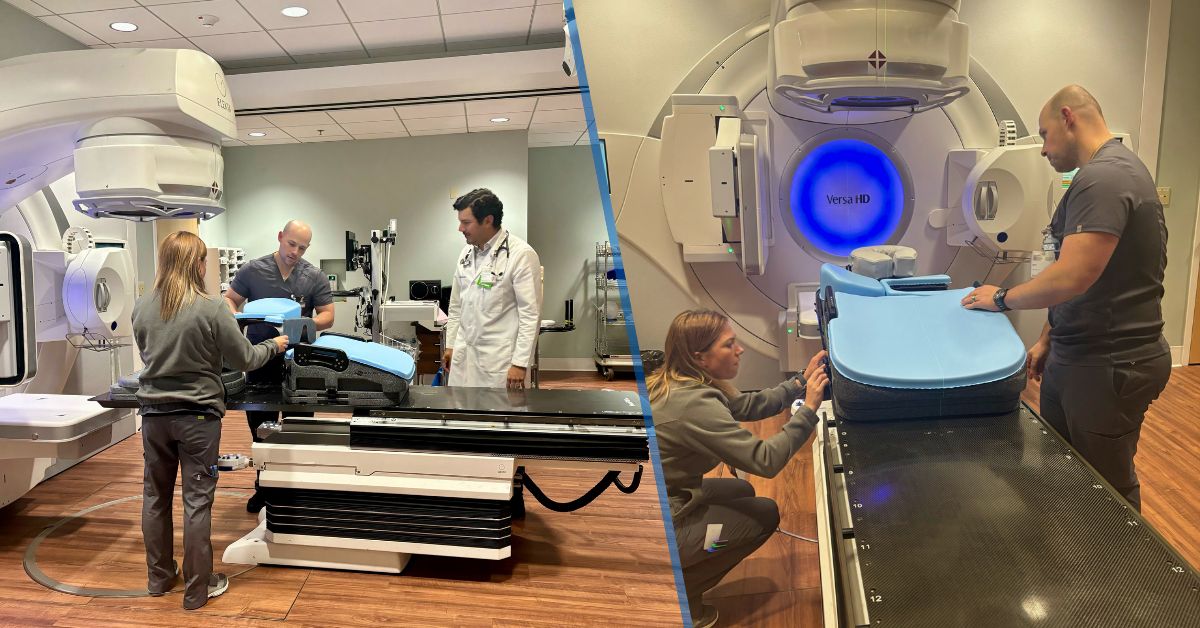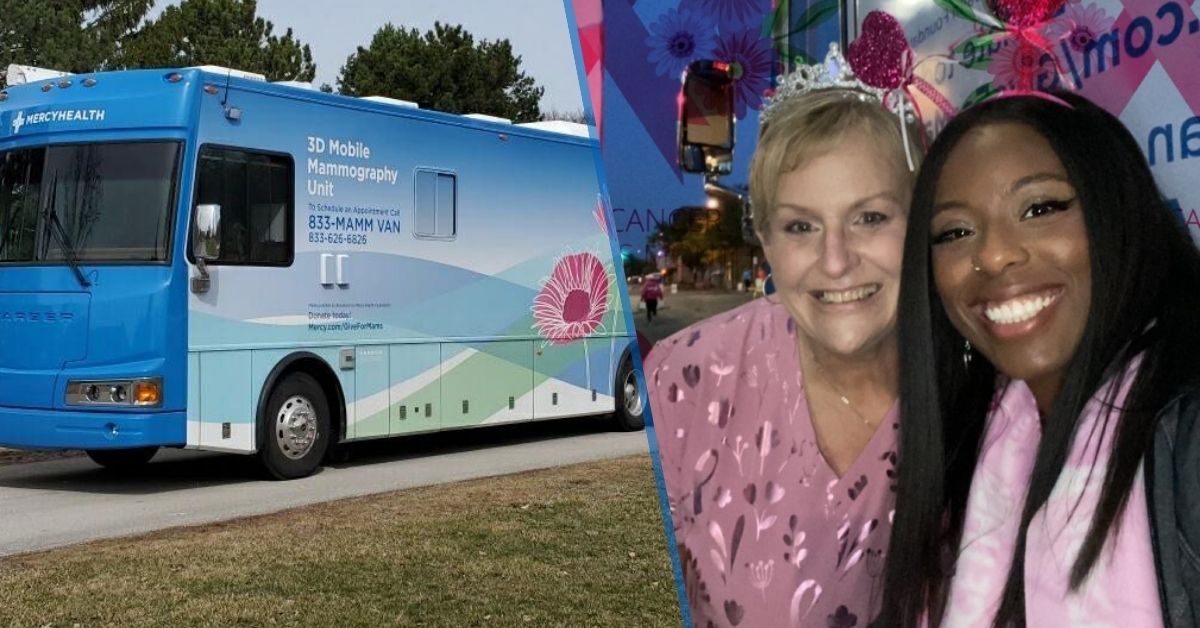Answering all your questions about probiotics, bowel issues and more
Dr. Mark Manegold, a Mercy Health GI Cincinnati physician specializing in gastroenterology, spoke about colonoscopies and colon health with radio personality Mike McConnell on 700WLW’s Mercy Health Medical Minute podcast. Read below for the ins and outs of colon health!
Mike McConnell: Walk me through probiotics. What are they and why do I need them?
Dr. Manegold: Probiotics are “helpful” bacteria or yeast. They come in the forms of capsule or sometimes liquid. They are helpful as treatments for various gastrointestinal problems, such as inflammatory bowel disease, ulcerative colitis and Crohn’s disease. We now use probiotics to treat irritable bowel syndrome and sometimes antibiotics associate with infections in the colon. For these reasons, they can be very effective.
Mike McConnell: So, it’s used as a treatment, but not a preventative?
Dr. Manegold: Correct. There is a lot of press and popularity about probiotics, and they are not harmful. Patients can usually take them without any issues, but they are only helpful for certain problems.
Mike McConnell: Now, take something like irritable bowel syndrome. Is it something that previously went by a different name? It seems like I never heard anything about irritable bowel syndrome until relatively recent years.
Dr. Manegold: In the old days, it would have been called spastic colon, irritable colon or nervous colon because there is a close relationship between this disorder and stress.
Mike McConnell: What symptoms would someone notice with the early onsets of this illness?
Dr. Manegold: Abdominal pain, cramping, excess gas and change in bowel habits. This can run gamut from constipation to diarrhea and sometimes patients alternate between the two.
Mike McConnell: Okay, so it’s not something related to the anchovies I had on that pizza last night. Is it something that protracts over time?
Dr. Manegold: Yes. It is very unusual for someone, especially those in their 50s and 60s, to develop irritable bowel syndrome. These are typically symptoms you see at a young age onward.
Mike McConnell: Is it something that runs in families?
Dr. Manegold: It is not necessarily hereditary, but sometimes it is behavioral so it isn’t uncommon for this to occur in multiple members of the family. The behaviors that affect your colon include diet, reaction to stress and medications.
Mike McConnell: Okay, that’s irritable bowel. What about inflammatory?
Dr. Manegold: Inflammatory bowel disease is more serious. There are two disorders that fall underneath this category. They include ulcer colitis and Crohn’s disease. These are inflammatory conditions in the lining of the GI tract. They can occur in the colon with ulcer colitis or the colon and the small bowel with Crohn’s disease. Typical symptoms include abdominal pain, diarrhea and, most seriously, rectal bleeding. These conditions can cause significant disability and surgery if they are not appropriately treated.
Mike McConnell: Are they different in that irritable bowel does not lead to inflammatory?
Dr. Manegold: That is correct. Irritable bowel is strictly what we call a functional gastrointestinal disease. Anatomically, everything looks normal. It’s a problem in the way the GI tract functions.
Mike McConnell: Most people have received colonoscopies by my age. The procedure was popularized in the last 15 years. Have these checkups caused a drop in the percentage colon problems or colon cancer over time?
Dr. Manegold: Correct. We fortunately see a slow but steady decline in the instances of colon cancer, primarily due to colonoscopy performed as a screen tool. There is still a significant health problem. There are more than 140,000 new cases of colon cancer diagnosed each year, and more than 50,000 people die from colon cancer each year. It is the second most common cause of cancer-related death in men and the third most common cause of cancer-related death in women. It is preventable to a large degree with routine screening. In other words, take a colonoscopy on a regular basis.
Patients should not be reluctant to have a colonoscopy. The procedure is very easy. They are sedated, and they have no recall of the procedure. The toughest part of the procedure is preparation. You drink a solution that completely empties your entire colon. The preparation is key because it allows us to receive a good quality exam without missing something small that may be significant.
Mike McConnell: How often do you recommend having colonoscopies? What age should you begin?
Dr. Manegold: If you are at average risk, meaning that you do not have a previous history of polyps or a family history of colon cancer, you should start having colonoscopies at age 50. There is some evidence that suggests African Americans have a higher risk of developing colon cancer, so they should start screening at age 45. If your regular colonoscopy checkup is clear, you do not have to repeat the screening until 10 years. If you have polyps removed, the typical timeframe to repeat the procedure is three-to-five years.
Tune into the Mercy Health Medical Minute on 700WLW AM at 7:45 a.m. Monday-Friday. Each week, Mercy Health experts share their medical interests and insights. To find a GI doctor near you, click here.







1 Comment
Post a CommentRose
I am already a patient of Dr. Mangeold and he is the absolute best GI Doctor around. He is always pleasanat and give you all the info you want. I highly reccommend him.